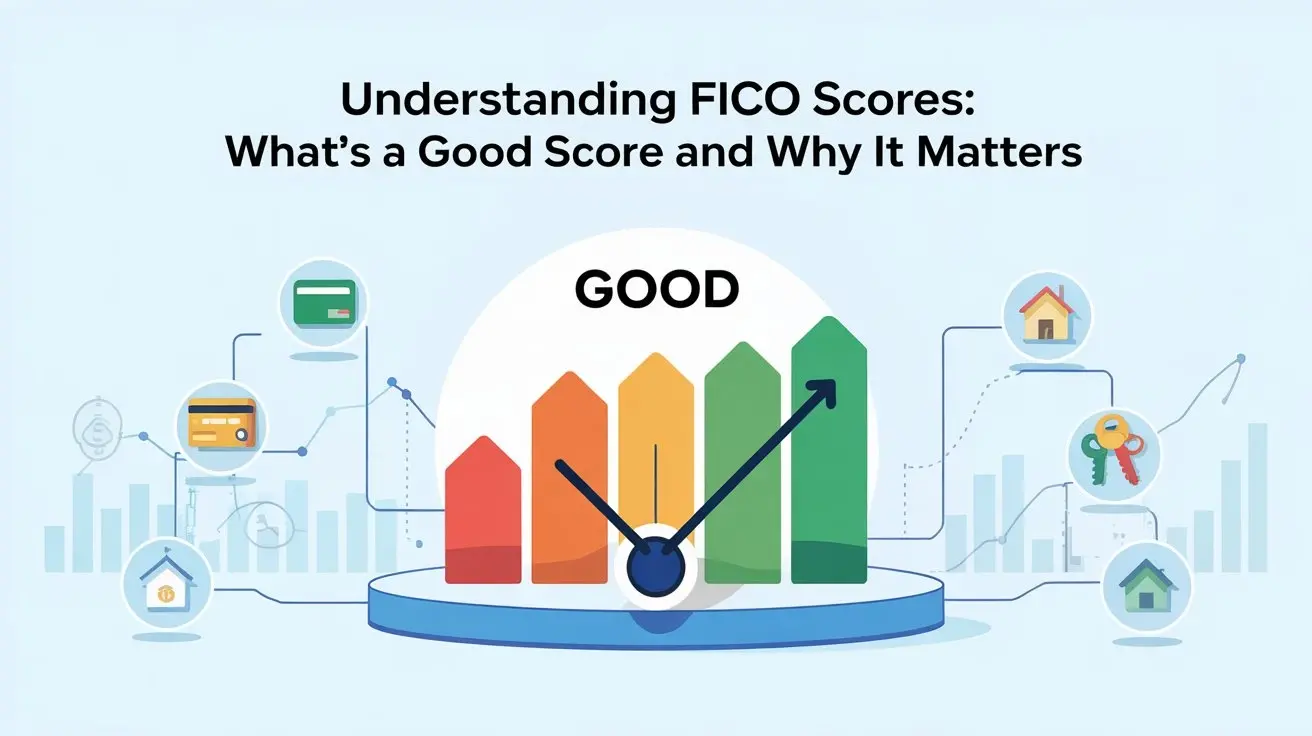Does Asking For A Credit Increase Affect Credit Score?
Is There Any Impact in Requesting for Credit Limit Increase on the Credit Score?
In terms of credit management, one of the questions that people have is whether applying for a higher credit limit affects credit score. Since credit is involved in financial life, ranging from loans to credit cards, it is normal to develop a concern over anything that could pull down your score.
Fortunately, just asking for an increase in credit card limit, which is referred to as a credit line increase, does not reduce your credit score. So, provided that you are using the high limit wisely and paying on time each month, a credit limit increase should not inversely affect your credit score.
Why Requesting A Higher Limit Doesn’t Hurt Your Credit Score
Should you seek a higher credit limit on your present credit, the credit card business will conduct a soft credit check rather than a hard one. Soft checks, sometimes referred to as a prescreen or a soft draw, let the lenders examine your credit report without any negative effect.
Whether you apply for a credit card, an auto loan, a mortgage, or another credit, hard inquiries follow. Many hard inquiries in a short period suggest that the borrower is involved in dangerous activities, so the credit score could suffer.
Soft pulls are not evident to other people, even if a hard credit check will show both your credit report and that of the lender who conducted it. This helps card issuers to pre-qualify you for pre-qualified offers or larger credit limits without compromising your score in any way. As long as you have been a good borrower of the credit given to you, there is no damage in asking for more credit limits.
Why a Higher Credit Limit Can Be Advantageous for Your Credit Rating
As for credit availability, it will not hurt to ask for higher credit limits; however, maintaining higher credit limits and managing large credit lines responsibly will benefit your credit in the long run. This is because when you have more available credit, it is advisable to lower your credit utilization ratio.
Your credit utilization ratio is the comparison of the current credit card balances to the total credit limit. It is suggested that this ratio should be below 30%, and lower is even better if you want to achieve a higher credit score.
For instance, suppose one has a credit card with a limit of $1000 and a balance of $500; this means that the credit utilization ratio is 50%. That $500 balance is suddenly 25% of the requested $2,000 rather than the current $500 funding. This can increase your credit score as it demonstrates better credit management.
Here are some tips that would help when requesting a higher credit limit.
If you could benefit from lowering your utilization or having access to more credit in case of emergencies, here are some pointers to help with requesting an increase.
- Request a limit higher than what you currently use at least twice the amount of the increase you want.
- It is best to request after about six months from the last time your salary was raised.
- Before applying for a credit card, make sure to review your credit report and correct any mistakes that you find.
- Reduce balances that are much lower than credit limits before applying for new credit.
- You may be asked about your income and payment history as a candidate for the position.
So long as the credit records show that one has always made the payments on time and has a low credit utilization ratio, there should not be a problem with requesting a higher credit limit. It is advisable to spend some time reviewing your credit reports from all three credit bureaus to confirm that everything is correct.
It can also be useful to try to pay off your credit card balances more aggressively than usual for several months before filing. This informs the issuer that the applicant is willing to have more available credit and is in a better position to repay.
Some Considerations Towards Higher Credit Limits
While getting approved for higher credit limits can be beneficial, it does come with some cautions to keep in mind as well.
- Do not take new limits as the license to overspend just because there is some freedom of movement. It is important not to exceed the amount that you have planned for, regardless of the total credit limit available.
- You should know that new inquiries may appear for up to two years, so it is not advisable to apply for several increases at once. Space out increased requests.
- Yes, issuers may freeze or even reduce your credit limit or completely close the account if you incur more debt or default on payments after getting a new credit facility.
As long as you establish a clean record on any newly opened credit, and as long as you consistently prove creditworthiness month after month, high limits are beneficial. However, if you use more of your newly available credit, there are also higher odds of going overboard and incurring payment blunders.
Evaluate whether approval for a higher credit is sustainable with your spending habits and credit repayment before requesting a higher credit limit. Instead of using any additional borrowing room that might be available randomly, consider it and apply it wisely rather than using it blindly.
The Bottom Line
Lastly, it is important to note that applying for higher credit limits should not be detrimental to your credit score. As far as only the Inquiry is concerned, as long as the card issuer has done a soft pull and has agreed to your request, the Inquiry will not reduce your score or be reflected in the credit reports.
However, do remember that although more available room helps by reducing utilization, having larger limits also means you have a larger debt ceiling to worry about. Propose reasonable additions that they cannot negotiate against your financial capabilities and liabilities. As long as you do not alter your spending and payment behavior after being approved, requesting a higher credit should not harm or even help your credit score in the long run.
Ready to boost your credit score? Call +1 888-804-0104 now for the best credit repair services near you! Our expert team is here to help you achieve financial freedom and improve your credit. Don't wait—get started today!
Related Stories
Recent Posts
Understanding Your Finances: The Power of a Debt-to-Income Ratio Calculator
How to Repair a Low Credit Score: A Comprehensive Guide
Understanding FICO Scores: What’s a Good Score and Why It Matters
How to Prequalify for a Home Loan: A Step-by-Step Guide
Understanding Your Credit Score: A Comprehensive Guide to Credit Score Viewers



